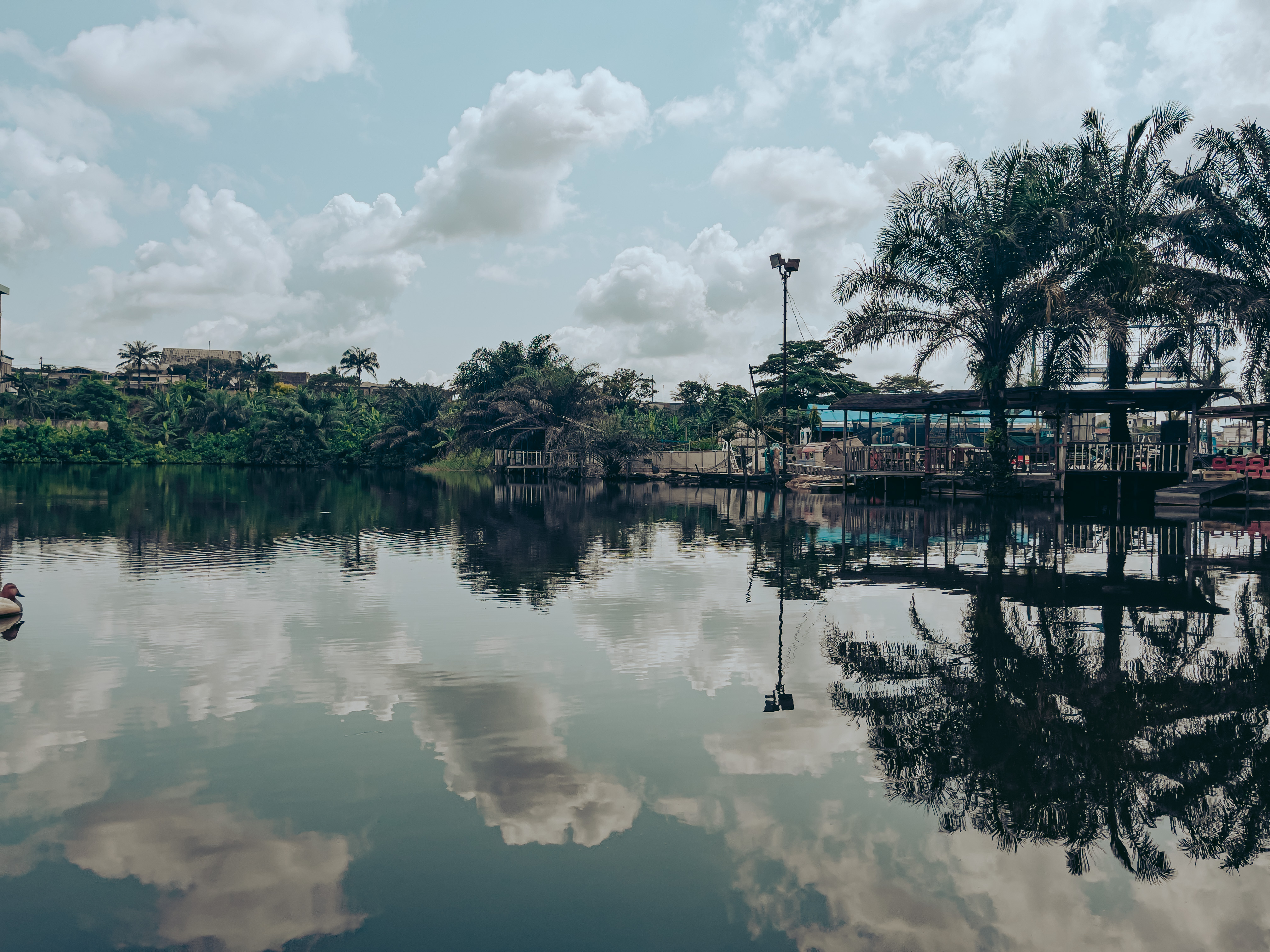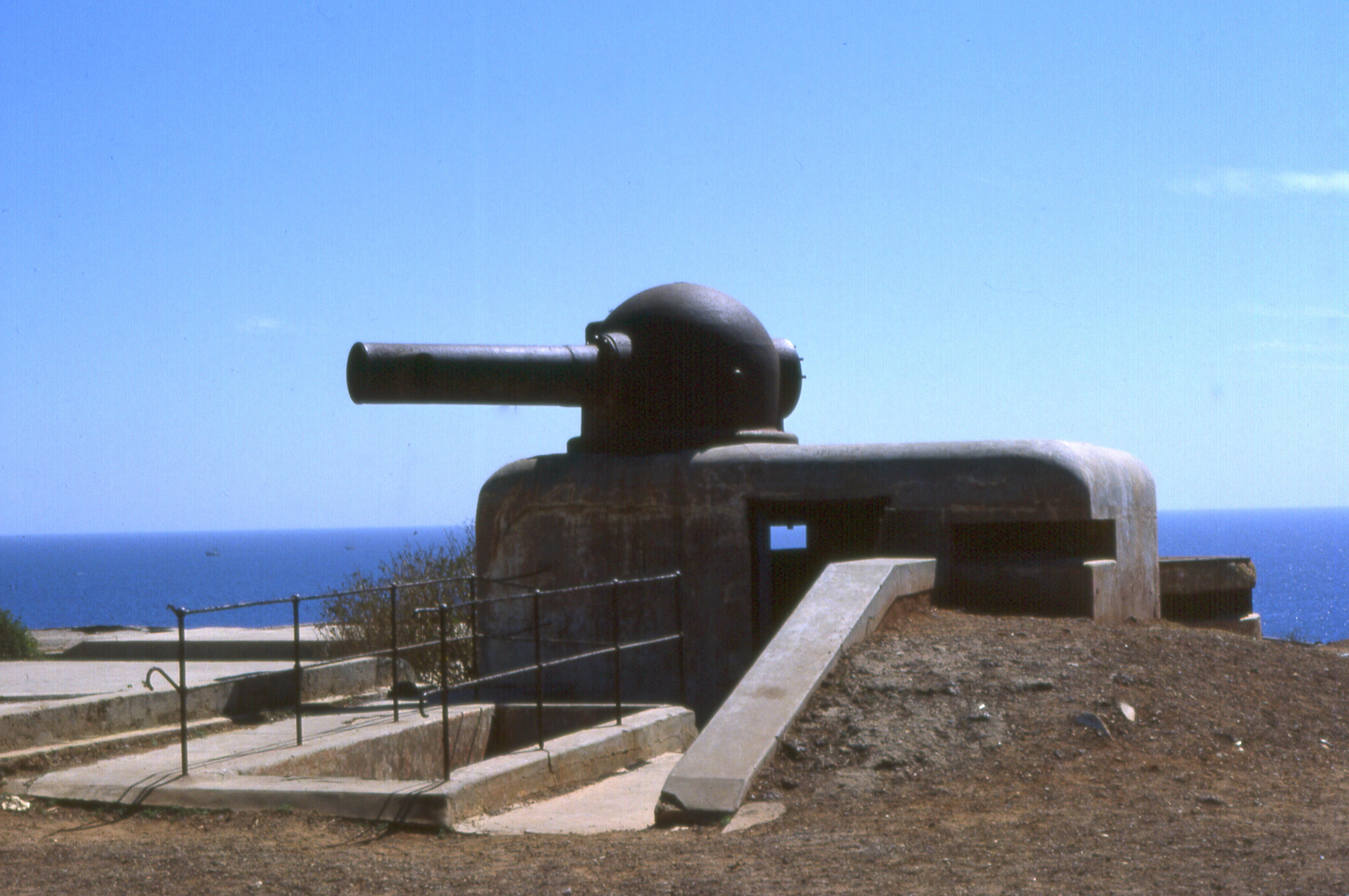|
Free French Africa
Free French Africa (french: Afrique française libre, sometimes abbreviated to AFL) was the political entity which collectively represented the colonial territories of French Equatorial Africa and Cameroon under the control of Free France in World War II. It provided a political and territorial base for Free France and strengthened General Charles de Gaulle's international position. It made a major contribution to the war effort by financing the French Resistance, by the contribution of its many soldiers to the Free French Forces, and by the military exploitation of its installations and territories. Because of its geographical location, Free French Africa offered a considerable asset to the Allies, favoring military operations from Chad in the Western Desert Campaign in Egypt and Libya, as well as facilitating communications across the continent, thus giving British colonies the ability to communicate with each other. History and territories During the Second World Wa ... [...More Info...] [...Related Items...] OR: [Wikipedia] [Google] [Baidu] |
Chad
Chad (; ar, تشاد , ; french: Tchad, ), officially the Republic of Chad, '; ) is a landlocked country at the crossroads of North and Central Africa. It is bordered by Libya to the north, Sudan to the east, the Central African Republic to the south, Cameroon to the southwest, Nigeria to the southwest (at Lake Chad), and Niger to the west. Chad has a population of 16 million, of which 1.6 million live in the capital and largest city of N'Djamena. Chad has several regions: a desert zone in the north, an arid Sahelian belt in the centre and a more fertile Sudanian Savanna zone in the south. Lake Chad, after which the country is named, is the second-largest wetland in Africa. Chad's official languages are Arabic and French. It is home to over 200 different ethnic and linguistic groups. Islam (55.1%) and Christianity (41.1%) are the main religions practiced in Chad. Beginning in the 7th millennium BC, human populations moved into the Chadian basin in great number ... [...More Info...] [...Related Items...] OR: [Wikipedia] [Google] [Baidu] |
French Chad
Chad was a part of the French colonial empire from 1900 to 1960. Colonial rule under the French began in 1900 when the Military Territory of Chad was established. From 1905, Chad was linked to the federation of French colonial possessions in Middle Africa, known from 1910 under the name of French Equatorial Africa. Chad passed in 1920 to French civilian administration, but suffered from chronic neglect. Chad distinguished itself in 1940 for being, under the governorship of Félix Éboué, the first French colony to rally by the side of Free France. After World War II, the French permitted a limited amount of representation of the African population, ushering the way to the clash in the political arena between the progressive and southern-based Chadian Progressive Party (PPT) and the Islamic conservative Chadian Democratic Union (UDT). It was eventually the PPT which emerged victorious and brought the country to independence in 1960 under the leadership of François Tombalbaye. ... [...More Info...] [...Related Items...] OR: [Wikipedia] [Google] [Baidu] |
Third Marching Battalion
Third or 3rd may refer to: Numbers * 3rd, the ordinal form of the cardinal number 3 * , a fraction of one third * 1⁄60 of a ''second'', or 1⁄3600 of a ''minute'' Places * 3rd Street (other) * Third Avenue (other) * Highway 3 Music Music theory *Interval number of three in a musical interval **major third, a third spanning four semitones **minor third, a third encompassing three half steps, or semitones **neutral third, wider than a minor third but narrower than a major third ** augmented third, an interval of five semitones **diminished third, produced by narrowing a minor third by a chromatic semitone *Third (chord), chord member a third above the root *Degree (music), three away from tonic ** mediant, third degree of the diatonic scale **submediant, sixth degree of the diatonic scale – three steps below the tonic **chromatic mediant, chromatic relationship by thirds * Ladder of thirds, similar to the circle of fifths Albums *''Third/Sister Lovers'' ... [...More Info...] [...Related Items...] OR: [Wikipedia] [Google] [Baidu] |
Order Of Liberation
The Order of Liberation (french: Ordre de la Libération) is a French Order which was awarded to heroes of the Liberation of France during World War II. It is a very high honour, second only after the ''Légion d’Honneur'' (Legion of Honour). Very few people, military units and communes were ever awarded it; and only for their deeds during World War II. A different order, the ''Médaille de la Résistance'' ("Resistance Medal"), was created and awarded for lesser but still distinguished deeds by members of the Resistance. History The ''Order of Liberation'' was established by General de Gaulle in order n° 7, signed on 16 November 1940 in Brazzaville, the capital of '' France Libre'' from 1940 to 1943. The object of the Order was to "reward people, of the military or civilian communities, who will have distinguished themselves in the task of liberating France and her Empire". There were no restrictions as to age, sex, rank, origin or nationality; nor any regarding the n ... [...More Info...] [...Related Items...] OR: [Wikipedia] [Google] [Baidu] |
Battle Of Bir Hakeim
The Battle of Bir Hakeim () took place at Bir Hakeim, an oasis in the Libyan desert south and west of Tobruk, during the Battle of Gazala (26 May – 21 June 1942). The 1st Free French Brigade under Marie-Pierre Kœnig defended the position from against Axis forces of ''Panzerarmee Afrika'' commanded by Erwin Rommel. The captured Tobruk ten days later. The delay imposed on the Axis offensive by the defence of Bir Hakeim influenced the cancellation of Operation Herkules, the Axis invasion of Malta. Rommel invaded Egypt, slowed by British delaying actions until the First Battle of El Alamein in July, where the Axis advance was stopped. Both sides used the battle for propaganda, Winston Churchill declared the Free French to be the "Fighting French". Friedrich von Mellenthin wrote, Background Eighth Army At the beginning of 1942, after its defeat in western Cyrenaica during Unternehmen Theseus, the British Eighth Army under Lieutenant-General Neil Ritchie faced the Ax ... [...More Info...] [...Related Items...] OR: [Wikipedia] [Google] [Baidu] |
Empire Defense Council
The Empire Defense Council (also called Council of Defense of the Empire, from french: Conseil de défense de l'Empire) was the embodiment of Free France which constituted the government from 1940 to 1941. Subsequently, this role was assumed by the French National Committee. Creation and legitimacy On 26 June 1940, four days after the Pétain government requested the armistice, General de Gaulle submitted a memorandum to the British government notifying Churchill of his decision to set up a Council of Defense of the Empire and formalizing the agreement reached with Churchill on 28 June, which allowed the Free French forces to be This memorandum led to an agreement on 7 August, but provided for the creation of a French Committee or Council as of 26 June. The agreement of 7 August between de Gaulle and the UK, known as the "Chequers agreement", gave General de Gaulle all the financial independence and resources of a government in exile. The British government considered it ... [...More Info...] [...Related Items...] OR: [Wikipedia] [Google] [Baidu] |
Douala
Douala is the largest city in Cameroon and its economic capital. It is also the capital of Cameroon's Littoral Region. Home to Central Africa's largest port and its major international airport, Douala International Airport (DLA), it is the commercial and economic capital of Cameroon and the entire CEMAC region comprising Gabon, Congo, Chad, Equatorial Guinea, Central African Republic and Cameroon. Consequently, it handles most of the country's major exports, such as oil, cocoa and coffee, timber, metals and fruits. , the city and its surrounding area had an estimated population of 5,768,400. The city sits on the estuary of Wouri River and its climate is tropical. History The first Europeans to visit the area were the Portuguese in about 1472. At the time, the estuary of Wouri River was known as the Rio dos Camarões (Shrimp River). By 1650, it had become the site of a town formed by immigrants, said to have arrived from Congo, who spoke the Duala language. During the 18th ... [...More Info...] [...Related Items...] OR: [Wikipedia] [Google] [Baidu] |
Philippe Leclerc De Hauteclocque
Philippe François Marie Leclerc de Hauteclocque (22 November 1902 – 28 November 1947) was a Free-French general during the Second World War. He became Marshal of France posthumously in 1952, and is known in France simply as le maréchal Leclerc or just Leclerc. The son of an aristocratic family, Hauteclocque graduated from the ''École spéciale militaire de Saint-Cyr'', the French military academy, in 1924. After service with the French Occupation of the Ruhr and in Morocco, he returned to Saint-Cyr as an instructor. He was awarded the ''croix de guerre des théâtres d'opérations extérieures'' for leading '' goumiers'' in an attack on caves and ravines on Bou Amdoun on 11 August 1933. During the Second World War he fought in the Battle of France. He was one of the first who defied his government's Armistice to make his way to Britain to fight with the Free French under General Charles de Gaulle, adopting the ''nom de guerre'' of Leclerc so that his wife and children ... [...More Info...] [...Related Items...] OR: [Wikipedia] [Google] [Baidu] |
Félix Éboué
Adolphe Sylvestre Félix Éboué (; 26 December 1884 – 17 May 1944) was a French colonial administrator and Free French leader. He was the first black French man appointed to a high post in the French colonies, when appointed as Governor of Guadeloupe in 1936. As governor of Chad (part of French Equatorial Africa) during most of World War II, he helped build support for Charles de Gaulle's Free French in 1940, leading to broad electoral support for the Gaullist faction after the war. He supported educated Africans and placed more in the colonial administration, as well as supporting preservation of African culture. He was the first black person to be buried in the Pantheon in Paris. Early life and education Born in Cayenne, French Guiana, the grandson of slaves, Éboué was the fourth son in a family of five brothers. His father, Yves Urbain Éboué, was a gold prospector, and his mother, Marie Josephine Aurélie Leveillé, was a shop owner born in Roura. She raised ... [...More Info...] [...Related Items...] OR: [Wikipedia] [Google] [Baidu] |
Battle Of Dakar
The Battle of Dakar, also known as Operation Menace, was an unsuccessful attempt in September 1940 by the Allies to capture the strategic port of Dakar in French West Africa (modern-day Senegal). It was hoped that the success of the operation could overthrow the pro-German Vichy French administration in the colony, and be replaced by a pro-Allied Free French one under General Charles de Gaulle. Background At the beginning of World War II, the French fleet in the Mediterranean was to have countered the Italian Navy, thereby leaving the British Royal Navy free to concentrate on the German warships in the North Sea and Atlantic. After the defeat of France and the conclusion of the armistice between France and Nazi Germany in June 1940, there was considerable confusion as to the allegiance of the various French colonies. Some, like Cameroon and French Equatorial Africa, joined the Free French, but others, including the North African colonies, French West Africa, Syria and Indochina ... [...More Info...] [...Related Items...] OR: [Wikipedia] [Google] [Baidu] |




